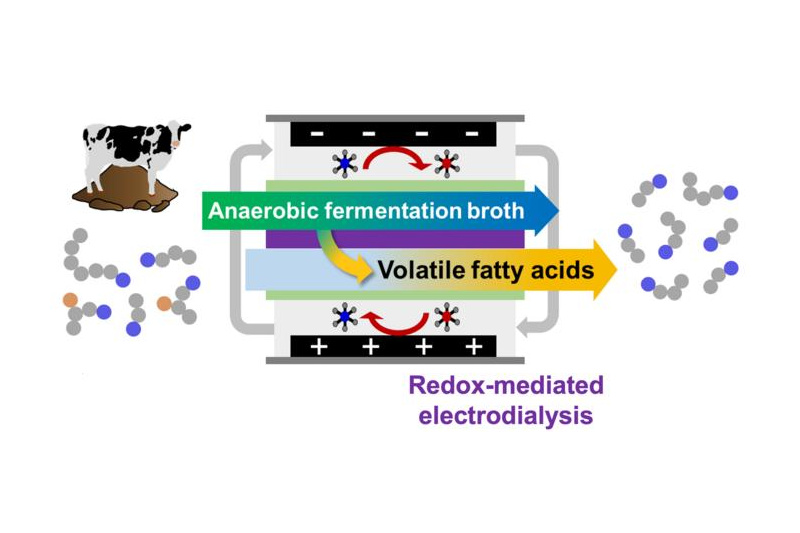

They prefer a dissimilar mate because this gives their young a more efficient immune system. This has been shown in a new study by researchers from Lund University in Sweden, in a Swedish-French collaboration.
Humans and many animals can choose a suitable mate by smell. Choosing a mate with the right smell can give the offspring an efficient immune system. This is because each individual’s smell can be said to reflect information on the individual’s genes. By finding the mate whose genes best match one’s own, the chances are higher that offspring will have greater resistance to a range of parasite attacks and other diseases.
Unlike many animals, birds have been considered to have a poor sense of smell, but there are exceptions. Blue petrels are Antarctic seabirds with an unusually good sense of smell. They can recognise their mate and their nest using smell alone, and return to their nests under cover of darkness. A group of scientists, including researchers from Lund University, have now shown that the nose of the blue petrel is even capable of smelling which mate will produce young with the best immune systems.
“The study is a collaboration between researchers here in Lund and researchers in France. My contribution has been my knowledge of how to identify and compare genes from different individuals”, says Maria Strandh, a researcher at the Department of Biology at Lund University.
Blue petrels are long-lived and monogamous birds.
For more information, please contact:
Maria Strandh, Department of Biology, Lund University, Sweden
Tel. +46 46 222 92 12, maria.strandh@biol.lu.se














